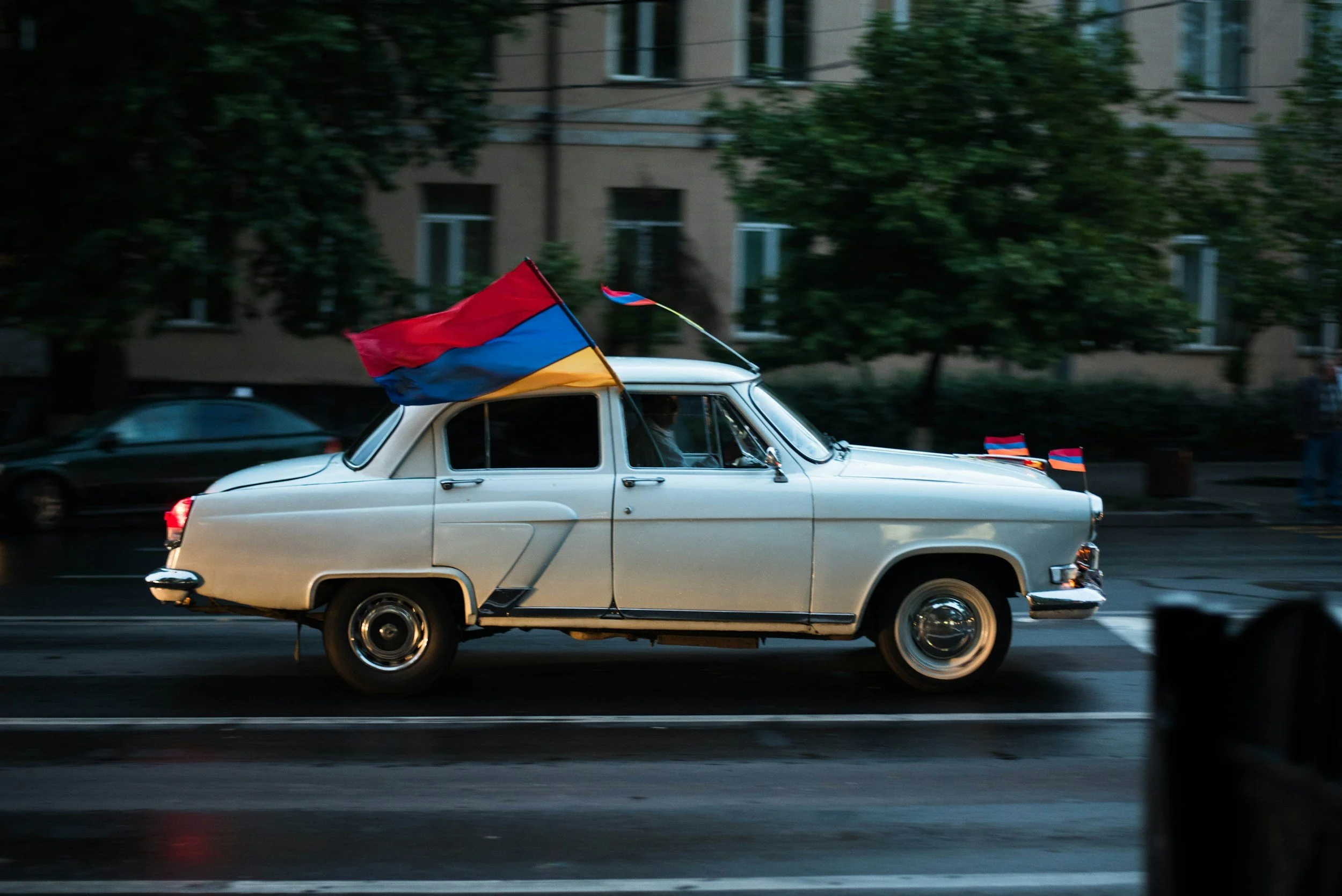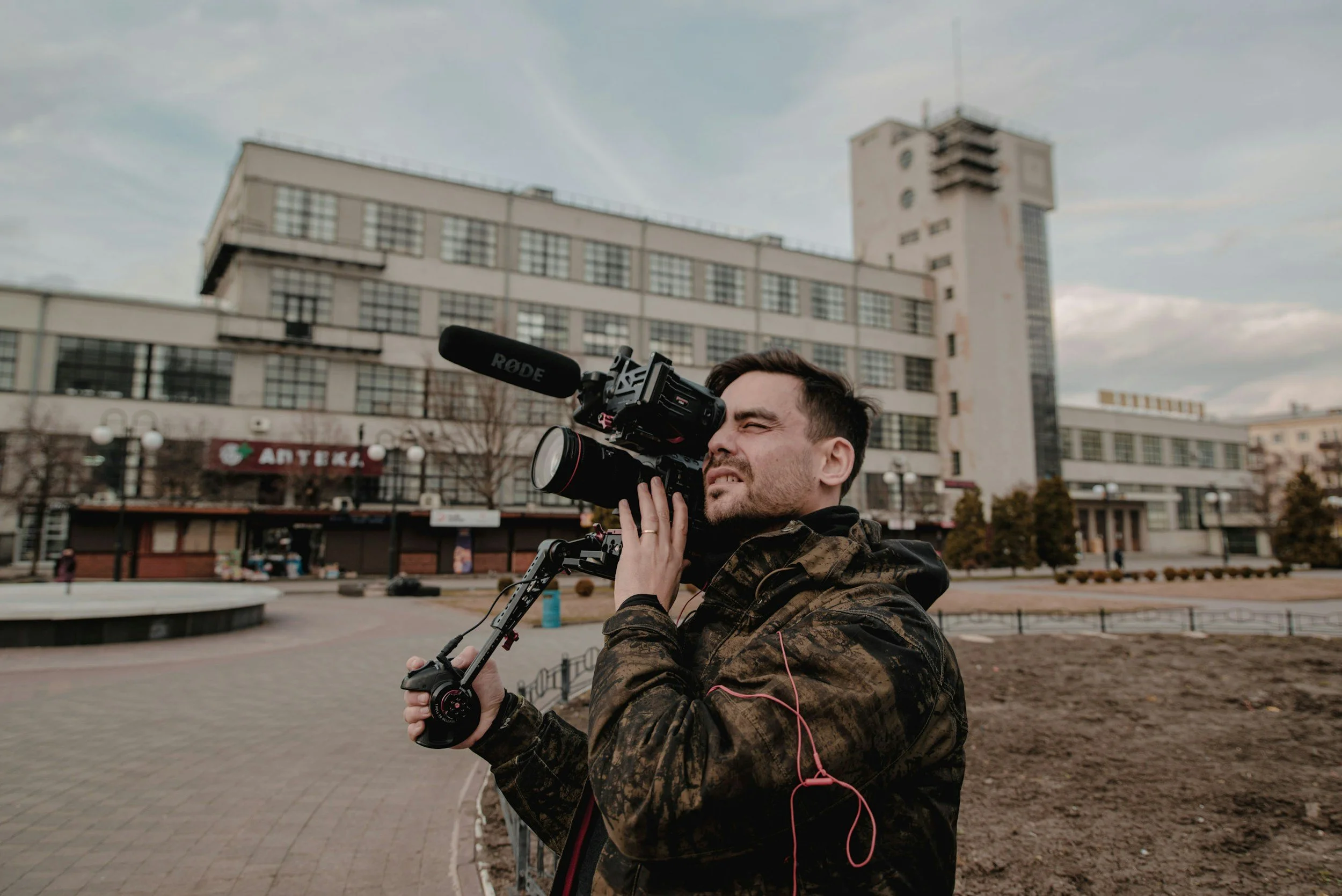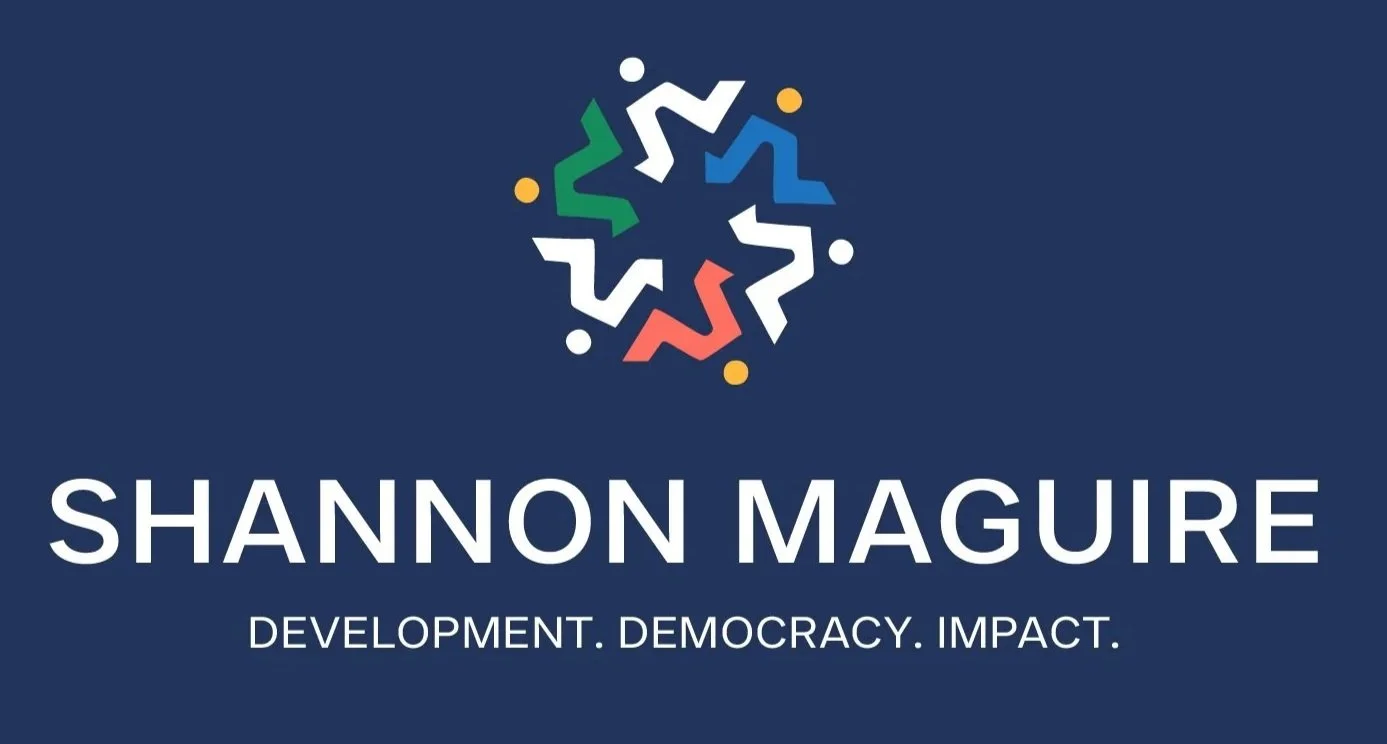Blog

Media Assistance in the Age of Authoritarianism
July 1 marked the official end of USAID. Much attention, rightly so, has focused on the humanitarian cost—14 million projected deaths by 2030 due to cuts in global health and disaster relief, according to a recent Lancet article. A quieter casualty was USAID’s mission to promote “resilient, democratic societies”—a goal harder to measure than vaccine doses or trade growth, but just as vital.

USAID Is Gone. Its Democratic Legacy Shouldn’t Be.
July 1 marked the official end of USAID. Much attention, rightly so, has focused on the humanitarian cost—14 million projected deaths by 2030 due to cuts in global health and disaster relief, according to a recent Lancet article. A quieter casualty was USAID’s mission to promote “resilient, democratic societies”—a goal harder to measure than vaccine doses or trade growth, but just as vital.

Press Freedom Under Threat
Violence, harassment, repression, and censorship against journalists is at record highs, with the Committee to Protect Journalists recording the highest (2022) and second-highest (2023) numbers of journalists imprisoned since it started tracking this figure 30 years ago

Media Literacy: The Other Vaccine
The rise of digital media has helped make information manipulation both more sophisticated and widespread. But, just as most people would not merely accept a broken system when it comes to the power grid, education, or public health, society should not view the media ecosystem as beyond repair. Instead, just like these other social goods, citizens are entitled to transparent, fact-based journalism.

Free Media Always Fight
As a young person choosing a career in Armenia, Nouneh Sarkissian knew she wanted to make a difference. Sarkissian began her search for a meaningful career as a student at Yerevan State University in the early 1980s, when Armenia was part of the Soviet Union. Her interests took her from archeology to academia before realizing that her desire for adventure coupled with her natural talent for writing made her especially suitable for journalism. It would be a challenge, though. Her university didn’t even have a journalism school.

Don’t Kill the Messenger
Today, these “messengers” work to gather and distribute news and information, monitoring, analyzing and often critiquing those in positions of authority. Protecting journalists and media practitioners against violence from those who may want to censor them is a core tenet of freedom of expression.

